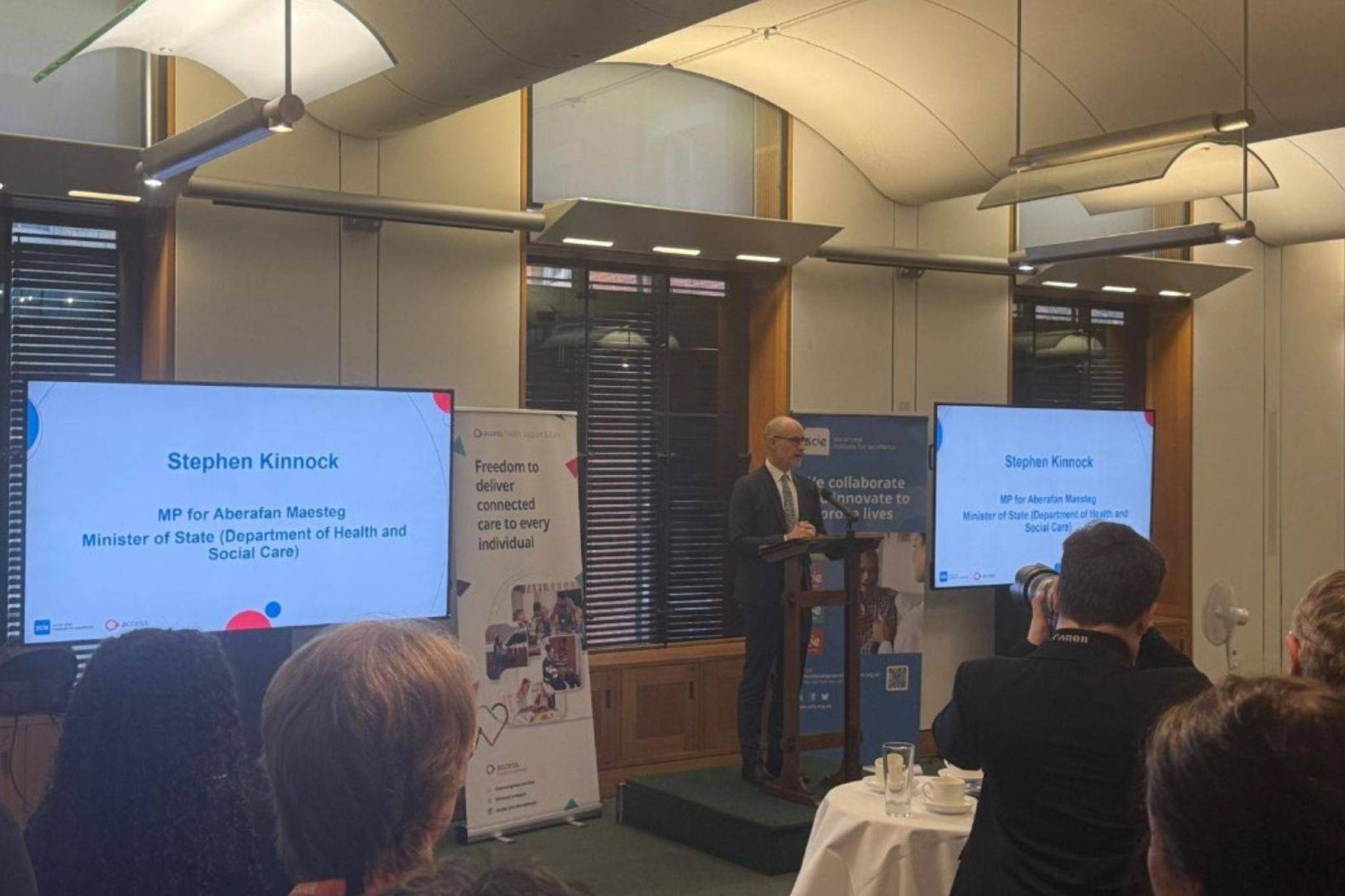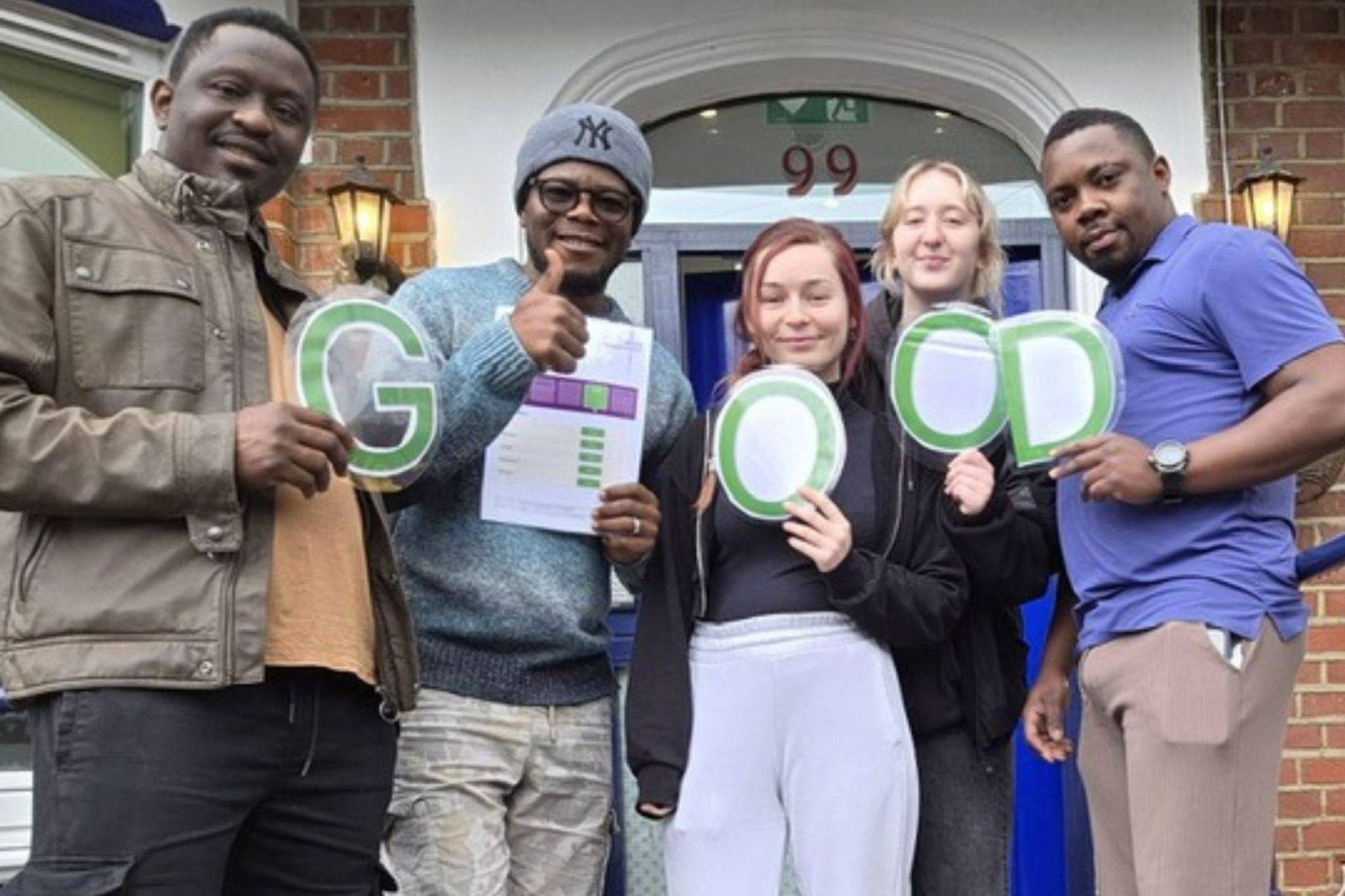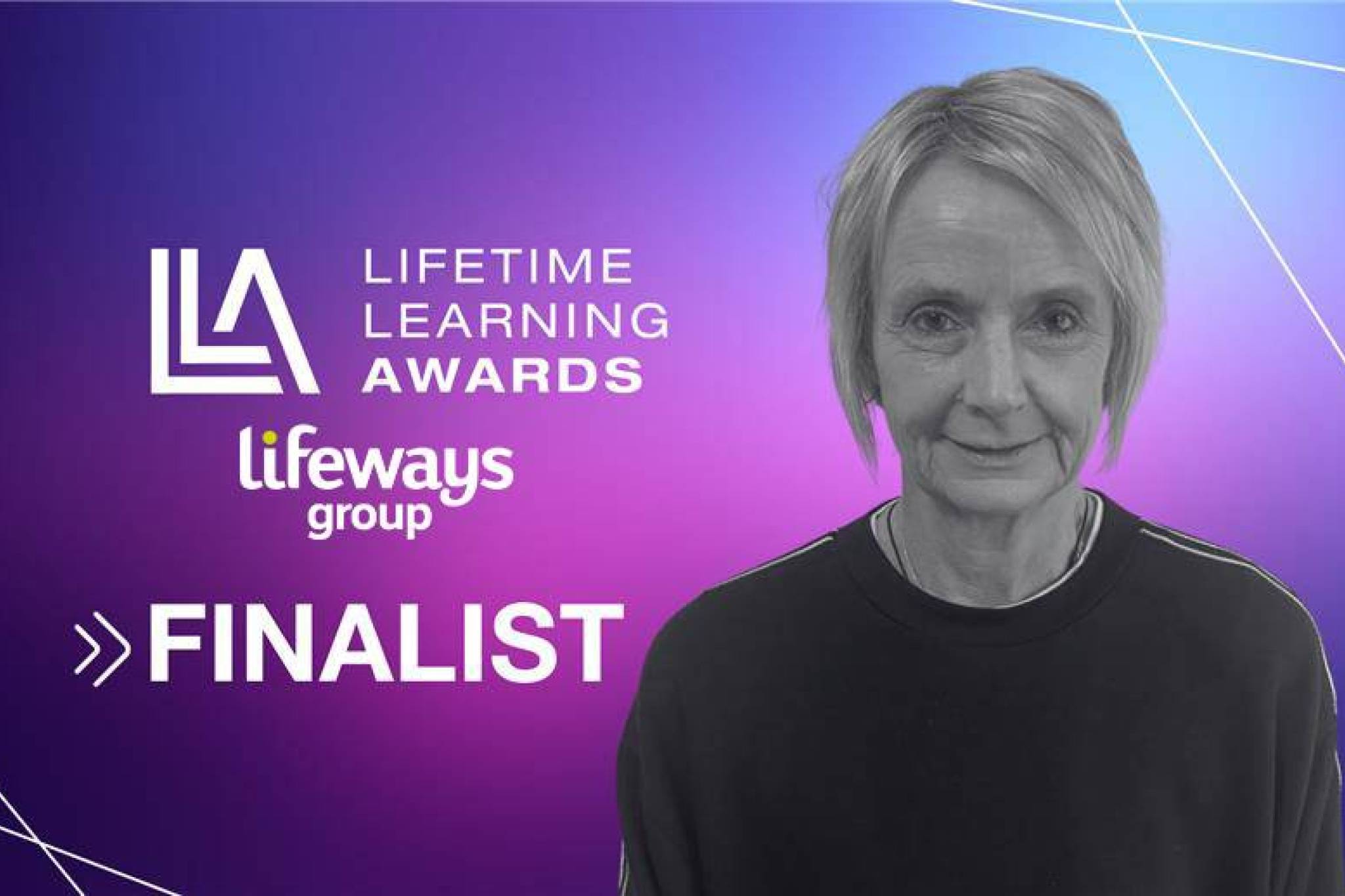Understanding brain injuries
At Lifeways, we provide personalised specialist support to people through brain injury rehabilitation and community-based supported living. Read our guide on understand brain injuries.

What is a brain injury?
A brain injury refers to any damage to the brain that affects a person physically, emotionally or behaviorally. They can occur at birth, or later in life from an injury or accident and are called traumatic (TBI) or non-traumatic (ABI), depending on the cause.
About the brain
The human brain is made up of billions of different nerve cells. These are arranged in patterns that work together to control thought, emotion, behaviour, movement and sensation.
The brain is divided into two halves, the left and the right. For most people, the left half of the brain controls verbal functions including language, thought and memory involving words; whereas the right half controls nonverbal functions, which includes things like recognising the differences in visual patterns and designs, reading maps and enjoying music and is also involved in understanding and the expression of emotions.
Even though the left and right side of the brain have very different functions, the two parts work closely together to control the activity of the body. The left side of the brain controls movement and sensation in the right side of the body, and the right side of the brain controls the same in the left side of the body. Thus, damage to the right side of the brain may cause movement problems or weakness on the left side of the body and vice versa.
What is a traumatic brain injury?
A traumatic brain injury can be caused by external factors, for example, things such as car accidents, falls, violence or from military blasts. They can include but don’t always include an open head wound, skull fracture or even a loss of consciousness.
What is a non-traumatic or acquired brain injury?
A non-traumatic brain injury occurs after birth – it is neither hereditary, congenital or degenerative and involves no external factors. It can be caused by a stroke, tumour, lack of oxygen or illnesses such as cancer or infections.
What are some of the symptoms of a brain injury?
Everyone with a brain injury will experience different symptoms, however, some symptoms can include:
Physical symptoms:
- headaches
- difficulty coordinating balance
- blurred vision in one or both eyes
- milder vision problems
- seizures
- changes in sensory perception
- trouble speaking and swallowing
- changes in sleep patterns
- lack of bowel and bladder control
- changes in sexual function
- motor impairment
Emotional symptoms:
- personality changes
- difficulty forming sentences or choosing vocabulary
- confusion
- trouble communicating
- difficulty with reason, focus and logic
- memory impairments
- depression
- poor concentration
- mood swings
- limited attention span
- disorientation
- difficulty remembering conversations/forgetfulness
- acting inappropriately
Brain Injury Rehabilitation and Recovery at Lifeways
Recovery and brain rehabilitation may take weeks, months, or even years. The effects of brain injury are often long-lasting, and some people may never fully recover. Although some people with severe brain injuries experience only mild long-term difficulties, other people may require care or special services for the rest of their lives.
At Lifeways, we provide personalised specialist support to people through brain injury rehabilitation and community-based supported living. Whether it's helping to make a transition out of an inpatient rehabilitation service to move back home, support with regaining everyday life skills, or guidance with building confidence in getting back out into the community - we'll be on hand every step of the way, and positively support every ambition. Read Zak's story to learn how we have helped him.
With our in-depth understanding of acquired brain injury, we carefully tailor our support to meet the needs of each individual based on their type of injury and throughout all stages of their recovery journey. We work alongside physiotherapy, speech and language therapy and occupational therapy professionals, helping people to regain everyday skills such as washing and dressing.
For those with milder conditions, further along in their recovery or simply seeking to build their independence, we put the focus on maintaining quality of life and opening up opportunities in the community; supporting with everyday tasks such as using public transport, shopping trips and also offering advice and help with starting volunteer or work placements.

Local support
Use our online tool to search for and register interest in available locations.
Find support in your areaRelated news
News

10 February 2026
Lifeways proud to attend launch of national care standards report at Parliament
News

6 February 2026
Lifeways celebrates major turnaround at south coast service
News

4 February 2026
